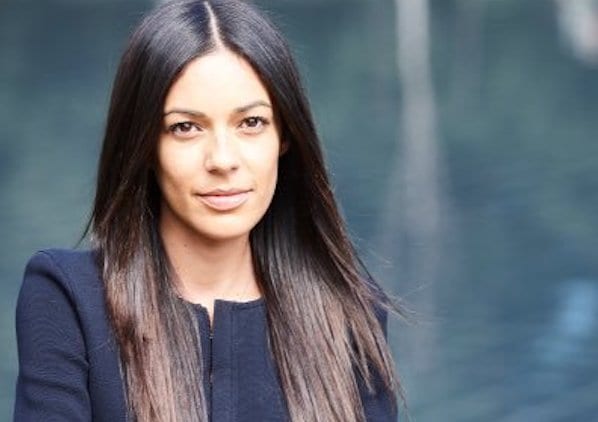A year ago, the #MeToo hashtag went viral. Facebook released statistics showing that in less than 24 hours, 4.7 million people worldwide engaged in the conversation, with more than 12 million posts, comments and reactions. It was no longer just a conversation. It was the genesis of a worldwide movement.
In the year since, Australian workplaces have started responding to sexual harassment in a new way and while this shift has been a step in the right direction, more needs to be done to stamp out sexual harassment and make Australian workplaces safer, more equal and inclusive.
As an employment lawyer I have acted for victims of sexual harassment in Australian workplaces both prior to and following the #MeToo movement. Prior to the #MeToo movement, my clients were deeply reluctant to formally complain about sexual harassment at work, fearing they would be sidelined, victimised or sacked for doing so.
Sadly, my clients’ fears were well-founded. According to the Australian Human Rights Commission’s most recent national survey on sexual harassment in Australian workplaces, one in five people who made a formal report or complaint of sexual harassment at work were labelled as a troublemaker, were ostracised, victimised or ignored by colleagues or resigned.
In fact, prior to the #MeToo movement, I frequently observed employers treating victims as the problem when dealing with a sexual harassment complaint. They would sweep complaints under the carpet and move swiftly to push the victim out of the workplace, sometimes through a confidential settlement. Tellingly, they would also attempt to protect perpetrators from adverse consequences, especially where those perpetrators held powerful senior positions or were substantial contributors to the financial performance of the organisation.
The #MeToo movement, however, has sparked a change in the way that Australian workplaces are responding to sexual harassment complaints. Perpetrators, regardless of their seniority or value, are no longer a protected species. They are facing disciplinary action, including termination.
I recently met with a junior employee, serving out a probationary period, who described being subjected to heinous sexual acts and sexual advances by managers within a large organisation. The employer sacked the managers within 48 hours of receiving the sexual harassment complaint.
Earlier this year, a similar outcome was delivered within the Australian legal industry, in which sexual harassment is reported to be rife. Herbert Smith Freehills, a large global law firm, terminated one of its senior partners following allegations of sexual harassment against him.
These outcomes would have been highly unlikely in the pre #MeToo era, and are no doubt being driven by a desire to protect organisations from the heightened risk of brand damage associated with sexual harassment matters as a consequence of the #MeToo movement.
Whatever the motivation, the reality is that workplaces are increasingly knocking perpetrators off the pedestal they were once placed upon which must be viewed as a positive development and will hopefully encourage victims to report sexual harassment at work.
But while this change is certainly encouraging, I have equally observed that employers are clearing out perpetrators without actually making any findings that sexual harassment occurred. Masking the problem in this way hinders the cultural change needed to eradicate this entrenched issue plaguing our workplaces.
Moving forward, we must push for changes to our laws that will give rise to that cultural change by holding employers and perpetrators accountable and providing for better access to justice for victims.
The focus must be on key reforms that include: imposing a positive obligation on employers to take reasonable steps to prevent sexual harassment by or of their employees, requiring companies to formally report sexual harassment claims and statistics to their boards and to the Workplace Gender Equality Agency, removing or increasing time limits for victims to make complaints, scrapping the cap on damages that applies in New South Wales, and strengthening the laws for corporate whistleblowers.
On the first anniversary of #MeToo going viral, let’s step up the fight for law reform. Let’s put making Australian workplaces safer, more equal and inclusive at the forefront of the agenda. The past year has shown us that change is possible but the time for law reform is #now.
Mia Pantechis is a Senior Associate at Maurice Blackburn.


